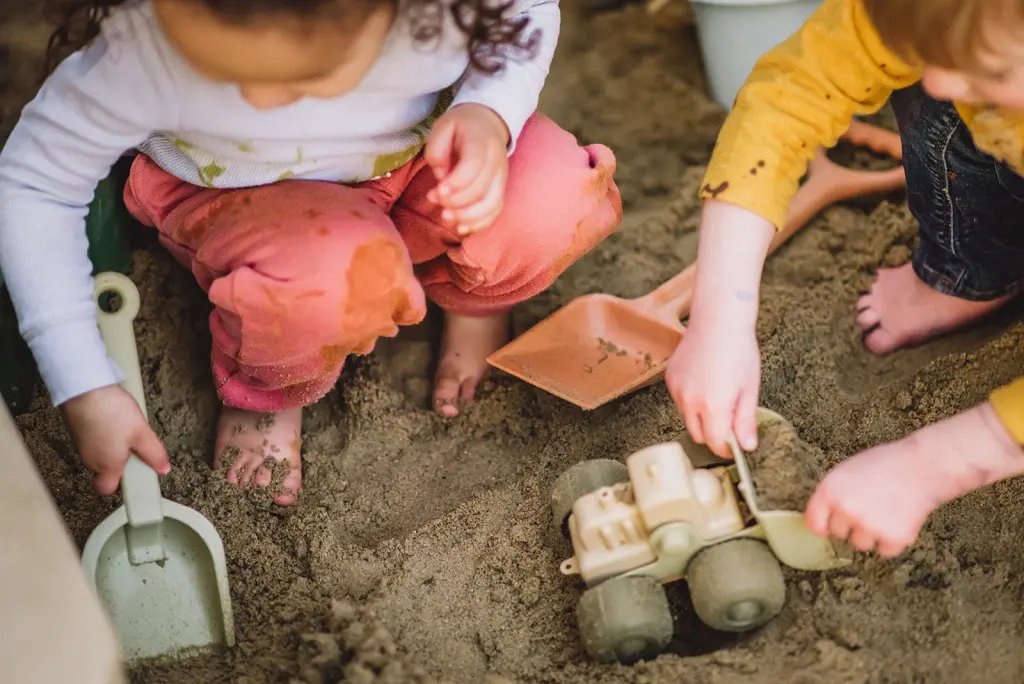About Us
Meryl Opsal, M. Ed.
Director and Lead Instructor
Meryl received her Master’s Degree in Early Childhood and Childhood Education from Bank Street College of Education where she practiced the Developmental Interaction Approach (AKA the Bank Street Method). While living in NYC she taught in a wide variety of settings, from independent Pre-K to public 5th Grade. Simultaneously, she launched her work providing tutoring and academic consulting to families.
When she moved to Los Angeles she turned her full focus to providing academic support to the whole family. She identifies academic and behavioral friction points, creates a plan towards resolution, and walks with the family as they move through these challenges. Eventually Meryl expanded her services to provide academic and child-development consulting to schools and businesses. She offers professional development workshops to schools, collaborates with toy designers during the ideation and development phases, executes and digests play test sessions, and gives insight and guidance to app developers.
When Meryl became a mother in 2015 she wanted to attend a parent and me class with her son, and couldn’t find one that contained all the elements she desired. She imagined a class which combined parent education and support with art, sensory and open-ended play experiences. tIn 2017 she made her dreams a reality, and that is how Ah-ha Fun Time was born!
In 2023, while Romp & Rollick was thriving, Meryl was diagnosed with stage IIIC triple negative breast cancer. She has spent that last 18 months fighting for her life - and winning! She is so excited to be relaunching Romp & Rollick with a whole suite of services for families, businessss and schools.
Fun fact: Meryl co-produces and hosts two children’s story podcasts; The Story of Captain Charlotte and Almost Daily Kids Stories.
Approach
Meryl bases all of her work on the Developmental Interaction Approach. This is a pedagogy that emphasizes the role of the teacher as a facilitator of children's learning through open-ended, child-directed, hands-on experiences. It is based on the ideas of Lucy Sprague Mitchell, Jean Piaget, John Dewey, and Constructivism. This approach focuses on creating a rich and supportive learning environment where children can engage in hands-on, meaningful experiences. This allows children to make connections between new information and their existing understanding. This approach also emphasizes the importance of social interaction and collaboration in the learning process and often includes opportunities for children to reflect on and share their experiences with others.







